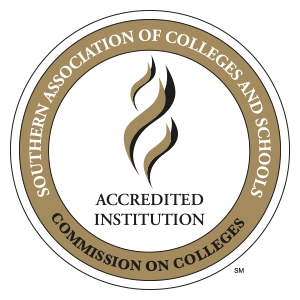Nursing Education Degree Concentration Overview
Have a passion for teaching and inspiring the next generation of nurses? ECPI University's Master of Science in Nursing (MSN) with a concentration in Nursing Education can transform your passion into a rewarding career in just 15 months.
TThis accelerated program, offered year-round, equips you with the advanced knowledge and pedagogical skills to excel as a nursing educator in diverse settings.
You'll learn to develop and deliver effective nursing curriculums based on the latest evidence-based practices. The program also focuses on mentorship, allowing you to guide and inspire future nurses in clinical skills, critical thinking, and professional development.



 The master’s degree program in nursing at ECPI University Virginia Beach, Virginia campus is accredited by the Commission on Collegiate Nursing Education (
The master’s degree program in nursing at ECPI University Virginia Beach, Virginia campus is accredited by the Commission on Collegiate Nursing Education ( ECPI University is accredited by the Southern Association of Colleges and Schools Commission on Colleges (SACSCOC) to award associate, baccalaureate, and master’s degrees. ECPI University also offers credentials such as certificates and diplomas at approved degree levels.
ECPI University is accredited by the Southern Association of Colleges and Schools Commission on Colleges (SACSCOC) to award associate, baccalaureate, and master’s degrees. ECPI University also offers credentials such as certificates and diplomas at approved degree levels.
